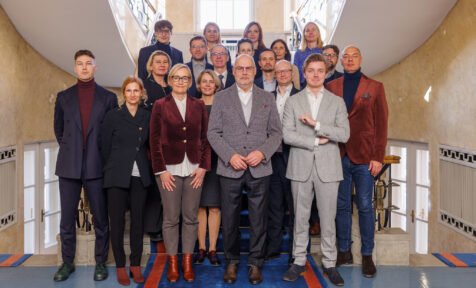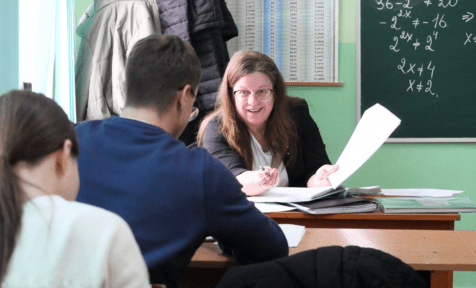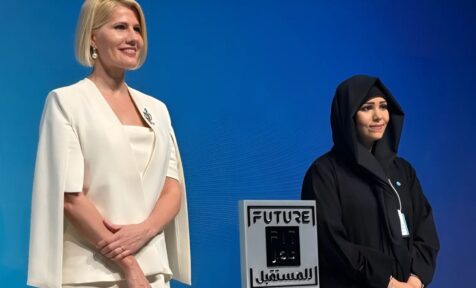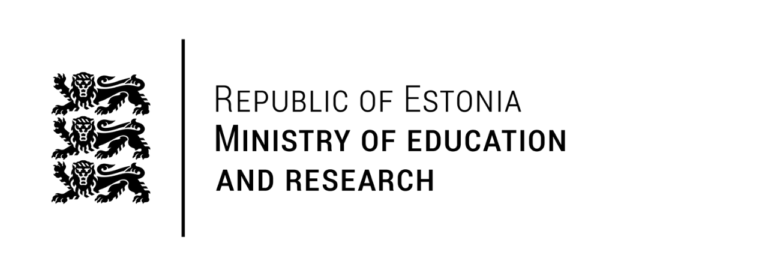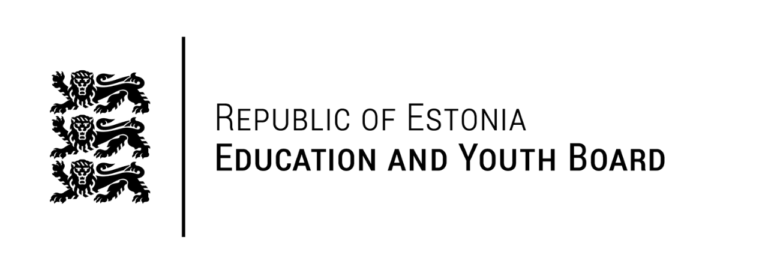Two school years affected by the corona are behind us. Every year, the Estonian Ministry of Education and Research publishes information material for schools, which summarizes and distributes news in the field of education. Here are some examples of news about the new school year.
In Estonia, the new school year starts on September 1. This autumn, schools and other educational establishments are returning to contact learning rather than remote learning. For so many learners, the corona period has been difficult. How to help students catch up with their studies again? How to keep them interested in learning? One way to do this is through student hobby camps. The camps that started in Estonia in the summer will continue in the coming school year.
The state provides 7.3 million euros to support camps for more than 63,000 children. Education camps designed to increase motivation and promote mental health offer a wide range of activities – art and music, science, foreign languages, technology, etc. Different fields have been integrated to make the activities more diverse and to develop skills that have not received enough attention in learning during the corona crisis.
E-tests help to find those who need help
But how to understand exactly in which subjects help is needed? Against the background of the corona crisis, it is important to monitor students’ levels more closely and to identify in time when intervention is needed. E-tests help to create this in Estonian schools. From this school year, schools will be able to use new electronic subject tests. They can be used to assess the level of students in different subjects at the beginning of the school year. The use of new e-tests is voluntary for schools, and schools can find them in the Estonian examination information system EIS, one of the many information systems used by Estonian schools.
Schools can choose the appropriate digital learning material themselves
One of the cornerstones of Estonian school education is school autonomy. Estonian schools are also free to make decisions about which digital learning material to choose. The Ministry of Education provides support to school administrators for the acquisition of digital learning materials. This year, the state will distribute 1.5 million euros to support the introduction of digital learning material. In the coming academic year, schools can choose between the educational technology services offered by many Estonian companies, for example, Opiq, Foxcademy, Maurus, and Taskutark; digital content is also offered by Kirjatark, Stuudium, Skriibus, as well as by AlpaKids, 99math, Futuclass, Bizplay, Speakly, SpeakTX, Lingvist, EduSpace, and others.
Completely free of charge for all schools are SEN teaching materials in both digital and paper form. Digital textbooks for students according to the Simplified Curriculum (SC) are also suitable for use in teaching students on the basis of an individual curriculum and students with another mother tongue. Here, too, the selection has increased even more: new digital textbooks for mathematics, natural sciences, and humanities have been completed.
The state supports engineering studies
Following the example of the IT Academy programme supporting technology education, the Estonian Ministry of Education is starting to develop a new cooperation programme created for the popularisation of engineering subjects. The new program will support vocational and higher education in engineering, manufacturing, and construction, and accelerate the digitalization and green transformation of industry. The aim is to increase young people’s interest in engineering, reduce drop-out rates, increase student and employer satisfaction with learning and promote lifelong learning in engineering.
Flexibility supports lifelong learning
One way to increase the compatibility between learning and labour market needs is to provide workers with fast and flexible in-service training and retraining opportunities. Estonian universities launched an offer of micro degrees from the beginning of the academic year. For example, the University of Tartu offers micro degree programmes that provide 12–24 ECTS. These are longer continuing education programmes with comprehensive content, based on the subjects/modules of one or more formal education programmes, allowing the flexible acquisition of additional specialities or new professional competencies in a narrower field.
